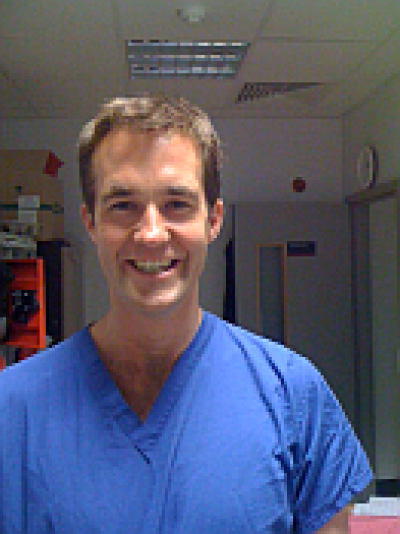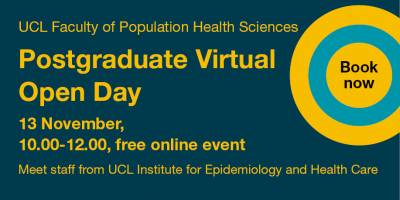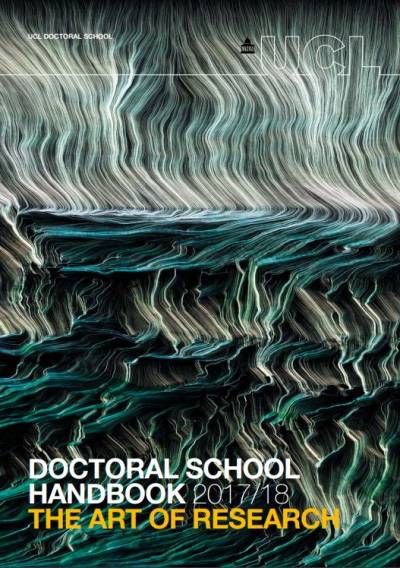
My PhD Title: Does PQIP change how perioperative data are used for quality improvement?
Supervisors: Primaries: Prof Ramani Moonesinghe & Prof Naomi Fulop; secondary: Dr Cecilia Vindrola
Lay summary: Approximately 15% of patients undergoing major surgery are thought to suffer significant perioperative complications which require extra treatment, longer hospital stays and poorer longer term health outcomes. The Perioperative Quality Improvement Programme (PQIP) is an observational study attempting to establish the exact rate and variation in complications in the UK. PQIP also aims to facilitate local quality improvement by providing continuous near-real-time evidence-based feedback. Previous research tells us that despite the considerable resources which go into national programs collecting clinical data for problems like this, the results they find are not always used effectively to improve quality of care. My PhD research aims to explore whether/how/in what contexts perioperative data are currently used for quality improvement, and how this is affected by PQIP's strategies. I will answer these questions by performing a scoping review to inform a subsequent national survey and qualitative fieldwork in two case study hospitals. In this way I aim to explain why and how PQIP succeeds or fails in its quest to improve the quality of care having major surgery in the NHS.
My Background I'm currently an Anaesthetist in my 5th year of specialist training. I became interested in exploring the use of data when I found that the lack of accessible performance metrics in the NHS contrasted with my previous experience as a financial derivatives trader. I completed my first degree in Natural Sciences (Physics) at Peterhouse, Cambridge, and later studied graduate entry medicine at Green College, Oxford.
Qualifications
BM BCh MSci MRCP FRCA
Awards
Emmanuel Lee Prize - Green Templeton College, Oxford University (2010)
Publications
1. Beane A, Wagstaff D, Abayadeera A, Walker D, Haniffa R. Surgical surveillance in resource-poor settings. Lancet. 2018;391(10130):1571. doi:10.1016/S0140-6736(18)30498-7.
2. Wagstaff DT, Bedford J, Moonesinghe SR. Improvement Science in Anaesthesia. Curr Anesthesiol Rep. 2017;7(4):432-439. doi:10.1007/s40140-017-0234-5.
3. Chaudhry SH, Wagstaff D, Gupta A, Bowler IC, Webster DP. Enrichment culture of CSF is of limited value in the diagnosis of neonatal meningitis. Eur J Clin Microbiol Infect Dis. 2011;30(7):931-933. doi:10.1007/s10096-011-1163-8.
4. Wagstaff D, Becker CM. Do we know what causes endometriosis? Wagstaff D, Becker CM, eds. Br J Hosp Med (Lond). 2008;69(6):314-315. doi:10.12968/hmed.2008.69.6.29617.
Appointment
1. PQIP Fellow (National Institute for Academic Anaesthesia - Health Services Research Centre)
2. ST5 Anaesthesia - North Central London (OOPR)
3. Intensive Care Fellow - Princess Grace Hospital
Contact details: email: d.wagstaff@ucl.ac.uk
twitter: @duncanwagstaff
 Close
Close



